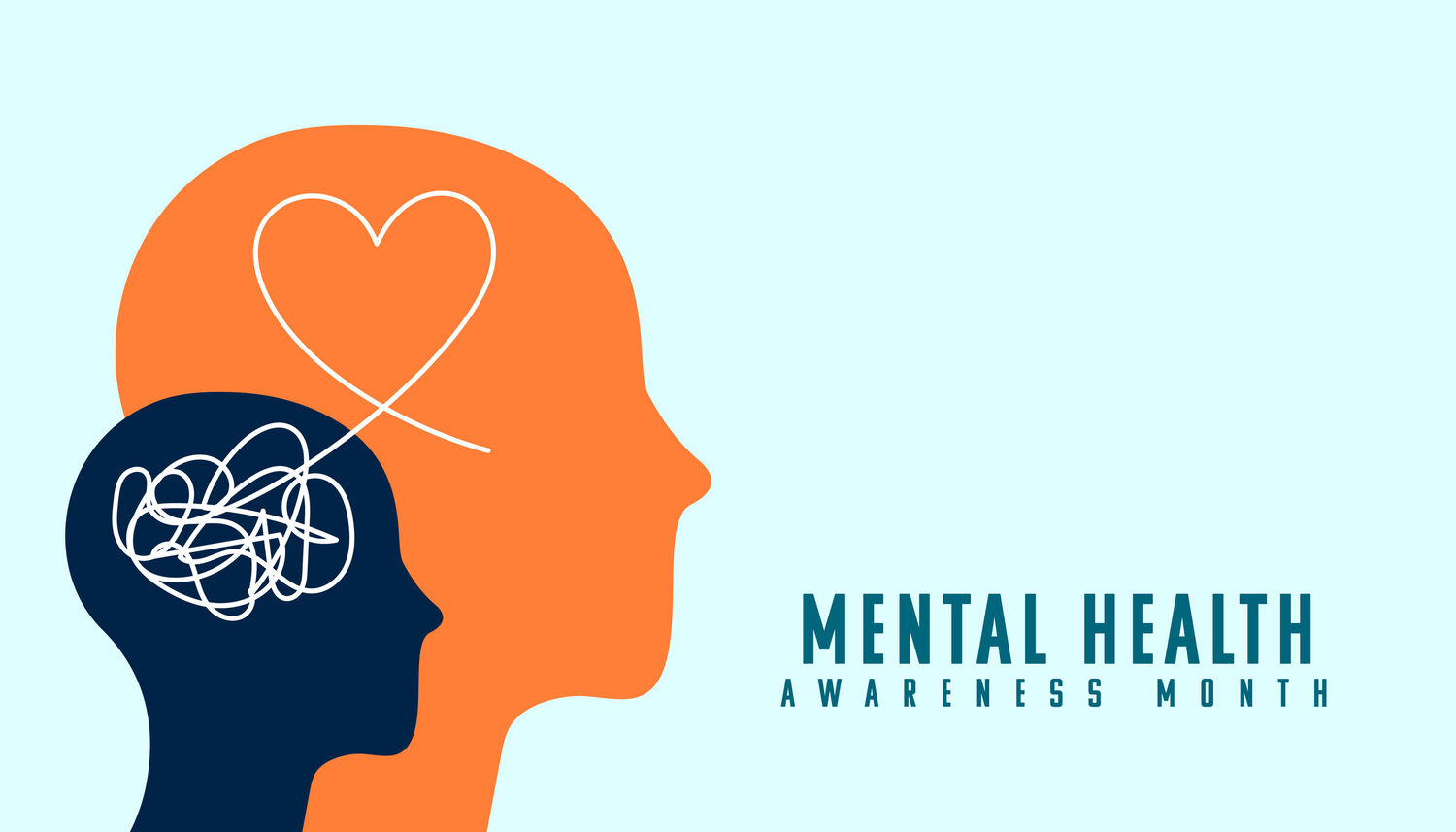Introduction
In today’s fast-paced world, mental health holds as much importance as physical health. Just as art reflects the culture and creativity of its era, mental health mirrors the challenges, growth, and resilience of individuals and societies. It is not simply the absence of illness, but the presence of balance, clarity, and purpose in life.
Our mental state affects how we think, feel, and connect with others. Much like the Renaissance reshaped art and culture, growing awareness of mental health is reshaping workplaces, relationships, and communities. Prioritizing mental well-being is not just personal care—it is a cultural shift influencing how we live today.
Why Mental Health Matters
Mental health is an expression of human experience, shaped by emotions, thoughts, and social environments. Its significance can be seen in how it:
-
Shapes behavior and culture – A healthy mind nurtures creativity, productivity, and stronger communities.
-
Breaks barriers – Open conversations about mental health fight stigma and foster acceptance.
-
Encourages innovation – Tools like meditation, therapy, and wellness apps represent modern approaches to self-care.
-
Inspires the future – Awareness helps the next generation embrace empathy, emotional intelligence, and resilience.
When mental health is prioritized, individuals thrive—and societies become stronger, kinder, and more united.
Historical Roots of Mental Health Awareness
The understanding of mental health is not new; it has been part of human life for centuries:
-
Ancient Civilizations – Ayurveda, Yoga, Taoist practices, and Greek philosophy emphasized harmony between body and mind.
-
Medieval Times – Misconceptions linked mental illness to superstition, reflecting a lack of awareness.
-
Modern Science – From Freud’s psychoanalysis to today’s neuroscience and mindfulness, psychology continues to evolve.
These roots highlight that mental health is a timeless need, not a modern invention.
Key Elements of Mental Health
Just like art movements, mental health has essential dimensions that shape human experience:
-
Emotional Well-being – The ability to balance joy, stress, and resilience.
-
Cognitive Health – Clear thinking, sound decision-making, and focus.
-
Social Connections – Relationships that nurture belonging and reduce isolation.
-
Coping Skills – Resilience in facing life’s challenges.
-
Mind–Body Connection – Physical habits like exercise, sleep, and nutrition directly influence mental well-being.
Together, these create the foundation for a balanced and healthy life.
Simple Practices for Mental Wellness
Improving mental health doesn’t always require professional help. Small daily habits can make a big difference:
-
Practice mindfulness with 10 minutes of deep breathing.
-
Keep a journal to release stress and organize thoughts.
-
Stay active—exercise boosts mood through endorphins.
-
Take a digital detox to prevent overwhelm.
-
Practice gratitude by noting positives daily.
-
Use creative outlets like art, music, or dance for self-expression.
These simple steps act as tools to build emotional strength and balance.
Seasonal Influence on Mental Health
Just as seasons affect art and culture, they also impact our mood and energy:
-
Spring – Renewal and optimism often flourish.
-
Summer – Energy is high, but burnout risks increase.
-
Autumn – A reflective season, sometimes linked to sadness.
-
Winter – Short days may trigger Seasonal Affective Disorder (SAD).
Recognizing these shifts allows us to adjust lifestyle choices for better balance.
Mental Health in the Digital Era
In today’s world, mental health is as visible in pop culture as it is in science:
-
Social Media – Hashtags like #SelfCare and #MentalHealthAwareness trend globally.
-
Entertainment – Movies and songs explore themes of anxiety, recovery, and resilience.
-
Apps & Tech – Tools like Calm and Headspace make mindfulness accessible to all.
This digital spotlight is helping to normalize mental health conversations worldwide.
Challenges and Misconceptions
Despite progress, barriers remain:
-
Stigma – Mental illness is often misjudged as weakness.
-
Misunderstanding – Conditions like anxiety or depression are dismissed as overthinking.
-
Accessibility – Many lack affordable therapy options.
-
Cultural Silence – In some societies, emotional struggles remain taboo.
Like misunderstood art movements, mental health issues need empathy and recognition to gain acceptance.
Gender Perspectives in Mental Health
Men and women often experience mental health differently:
-
Women – Discussions around issues like postpartum depression have led to greater awareness.
-
Men – Social expectations often discourage emotional openness, leading to untreated struggles.
The growing focus on inclusivity ensures that mental health support is available for all, regardless of gender.
The Future of Mental Health
Advances in technology and science are shaping the future of well-being:
-
AI-driven therapy offering personalized support.
-
Telehealth making counseling more accessible.
-
Neurotechnology detecting early signs of disorders.
-
Eco-therapy connecting mental health with nature.
The future vision: treating mental health as essential as physical health in healthcare systems.
Lasting Influence
The impact of mental health awareness is visible everywhere:
-
In Schools – Emotional intelligence is being taught alongside academics.
-
At Work – Wellness programs help manage stress and improve productivity.
-
In Society – Campaigns normalize seeking therapy and emotional support.
Just as great art movements changed culture, the mental health movement is shaping the future of human well-being.
FAQ – Quick Insights
1. Why is mental health important daily?
It shapes thoughts, emotions, and relationships, influencing overall life quality.
2. What are the benefits of good mental health?
Better productivity, emotional balance, resilience, and healthier relationships.
3. How can I improve my mental health at home?
Try mindfulness, journaling, exercise, and gratitude practices.
4. How is stress linked to mental health?
Prolonged stress can lead to anxiety, burnout, or depression.
5. Can technology support mental health?
Yes—apps, therapy platforms, and online groups provide valuable support.
Conclusion
Mental health is not just a medical subject—it is the foundation of how we live, work, and connect. Much like art once redefined culture, awareness of mental wellness is transforming society today.
True strength lies in resilience, compassion, and balance. Whether overcoming stress, building connections, or finding meaning, mental health remains the unseen brushstroke painting the masterpiece of human life.

